Biodegradable and Non-Biodegradable Substances:
Biodegradable Substances: The substances that can be broken down or decomposed into simple substances in nature, by the action of microorganisms, such as bacteria, in due course of time are called biodegradable substances.
The biodegradable substances decompose naturally and become harmless to humans, other organisms, and the environment after some time. For example, dead plants and animals (including bones), animal excreta (cattle dung, urine), leather goods, tea leaves, wool, paper, plant parts, hay and wood, cotton clothes, cardboard, seeds, grains, and compost (manure made from decayed plants and vegetable stuff) are all biodegradable substances.
Non-Biodegradable Substances: The substances that cannot be decomposed to simple, non-poisonous substances in nature or degrade at a very slow rate are called non-biodegradable substances. For example, plastic, polythene bags, synthetic fibres, glass objects, metal articles like aluminum cans, silver foils, certain detergents, fertilizers, and pesticides like DDT and radioactive wastes. The non-biodegradable substances cannot be decayed or decomposed by microorganisms like bacteria.
For instance, DDT is a non-biodegradable material. It cannot be degraded or decomposed into simple compounds by the action of microorganisms in nature. Thus, it gets accumulated in the environment and harms humans, other animals, and even vegetables and plants. Thus, DDT has been banned for use in most of the countries. The non-biodegradable substances like DDT can enter the food chain and cause biomagnification.
Difference Between Biodegradable and Non-Biodegradable Substances:
| Biodegradable Substances | Non-Biodegradable Substances |
| (1) These can be broken down into simple, non-poisonous substances by the action of microorganisms in nature. | These cannot be broken down to simple non-poisonous substances by the action of microorganisms in nature. |
| (2) These can be recycled naturally as well as by man and their products do not pollute the environment. | These cannot be recycled naturally and their products cause environmental pollution. |
| (3) They can produce useful products after bio-degradation. | They remain unchanged chemically because they are not biodegradable. |
| (4) They do not disturb the ecological balance in nature. | Most of the time they disturb the ecological balance in nature. |
| (5) Examples paper, cow dung, etc. | Examples DDT, synthetic fibres, etc. |

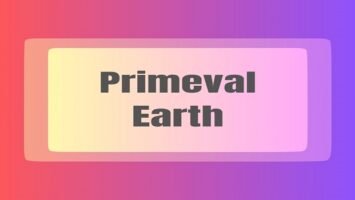
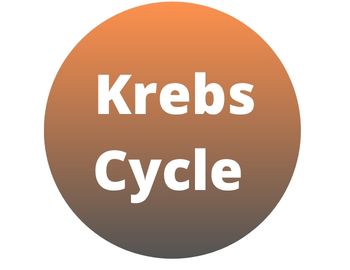
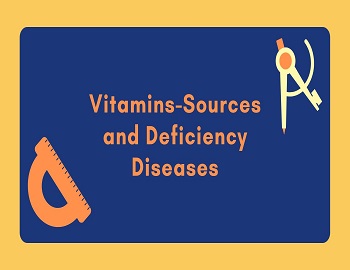


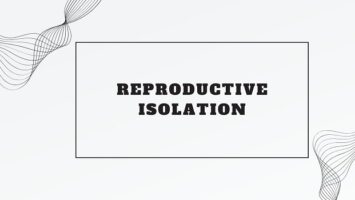
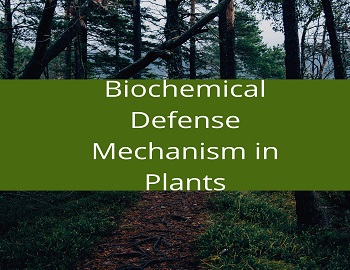
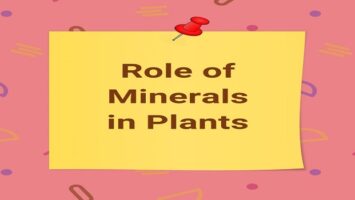
Comments (No)